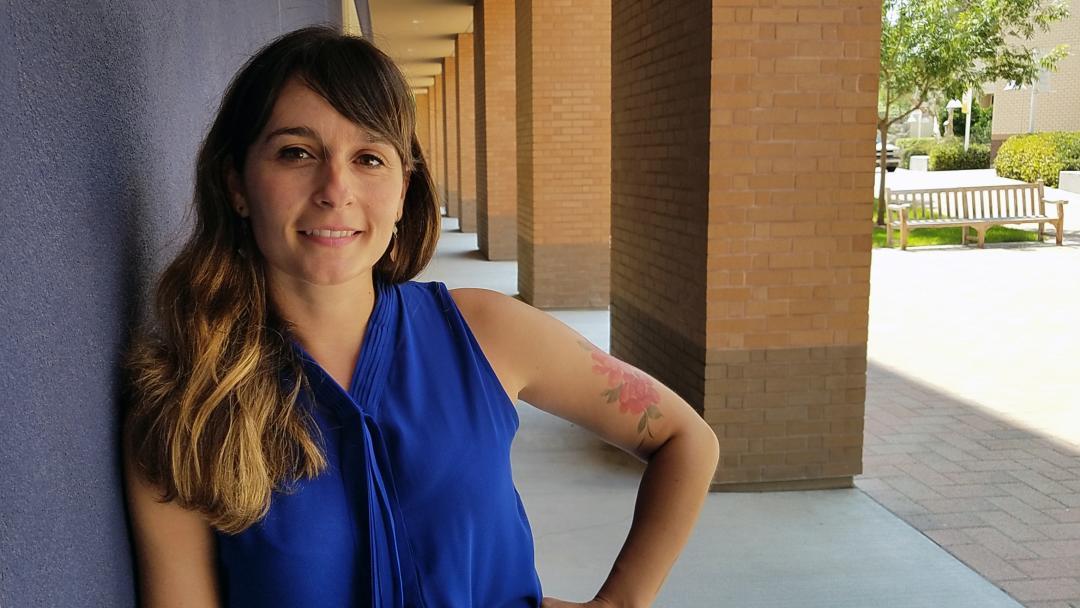
Criminologist studies tech, surveillance in post-Roe America
Nicole Iturriaga, assistant professor of criminology, law and society, has been awarded a $50,000 UCI Hellman Fellowship. Bestowed annually to support research by junior faculty, Iturriaga is studying: “Technology, Surveillance, and the Changing Legal Landscapes of Post-Roe America.”
Her research project also has been awarded $20,000 through the university’s “Confronting Extremism through Compelling Work for Community Needs” program.
The project, which will be the basis of Iturriaga’s second book, looks to explore how technology intersects the changing legal realities around abortion access in the United States from a “triangulated approach.”
“This includes a historical comparative analysis looking at the history of technological surveillance in reproductive health access before the fall of Roe, a comparative analysis of two different state legislature approaches to abortion access regulation (California and Texas), and a quantitative survey component which looks to understand users of menstruation and fertility tracking applications and their views on privacy, scientific literacy and technology engagement in the face of changing laws around reproduction,” she explains. “A key reason to conduct these investigations is to learn how the state utilizes technology to regulate, surveil, or police the bodies of people who can produce human life and how this develops alongside a changing legal landscape. Additionally, as this policing and surveillance has historically been more acutely felt by poor people and people of color, this research will take an intersectional approach to create a bridge between ongoing theoretical and empirical conversations in the literatures on reproductive health access and justice, by exposing the interconnected nature of oppression and power that intersects reproduction in the surveillance and technological age of post-Roe.”
Iturriaga’s family is from Chile, where a dictatorship ruled for decades. So, for as long as she can remember, she has been interested in studying state terror. Today, she specializes in researching how human rights intersect science and technology.
In her first book, “Exhuming Violent Histories: Forensics, Memory, and Rewriting Spain’s Past” (Columbia University Press, 2022), Iturriaga highlights how Spanish human rights activists have turned to science and technology to keep the memory of state terror alive so that people won’t forget.
Iturriaga’s other research delves into the Tulsa race massacre of 1921. She’s also looking at how white nationalists use genomic science to talk online about race and gender.
“There’s always someone who is fighting, always someone who is putting everything on the line for justice, for human rights,” Iturriaga says. “To me, that is so empowering and so motivating.”
— Mimi Ko Cruz
